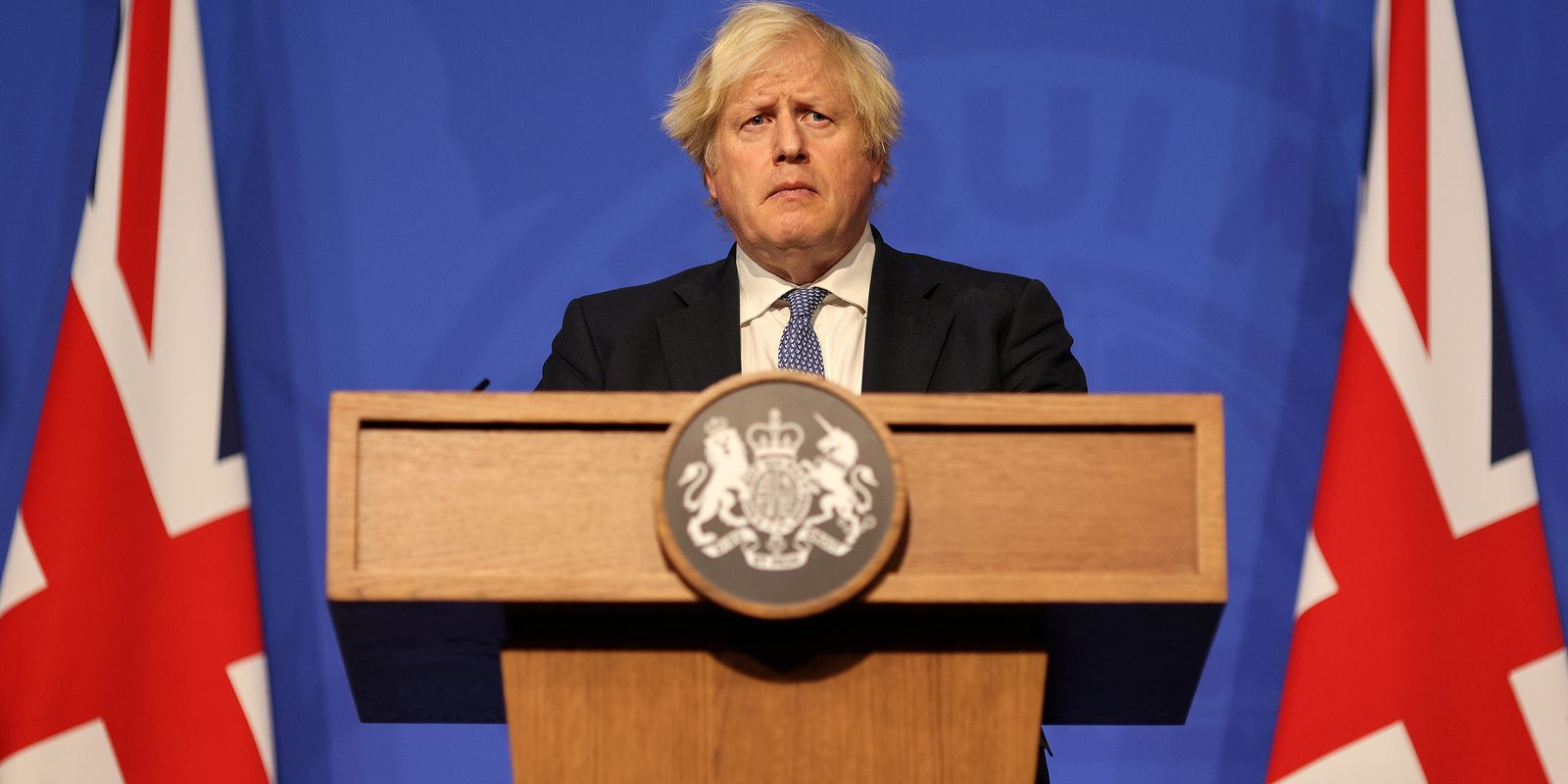Aung San Suu Kyi, whose trial ended this Friday (30), embodies the tumultuous destiny of Myanmar: icon of democracy; then, international pariah for the tragedy of the Rohingyas; and now more isolated than ever.
She was arrested on February 1, 2021 during the coup that overthrew her government and ended a brief democratic period in Myanmar.
Since then, the 77-year-old Nobel Peace Prize laureate has been jailed on multiple counts. On Friday, she was sentenced to an additional seven years in prison, bringing her total sentence to 33 years.
Suu Kyi had already been arrested in 2009, but had only spent three months behind bars. The remainder of the sentence was served at his lakeside home in Yangon.
Today, the situation is completely different. Isolated, his contacts abroad are limited to his lawyers.
“I don’t believe in hope, I only believe in work (…) Hope alone gets us nowhere,” he told AFP in 2015.
A few months later, her party, the National League for Democracy (NLD), won the elections, bringing her to power.
The NLD also won the 2020 elections, but the generals decided to change the course of the country by enforcing the coup.
– Daughter of a hero –
Her life began with a tragedy: the murder in 1947 of her father, a hero of independence, when she was two years old. Suu Kyi spent the first part of her life in exile: first in India and then in the United Kingdom.
In the second country, she led the life of a model housewife, married to a university professor specializing in Tibet at Oxford and mother of two children.
In 1988, when he went to Myanmar to visit his mother, he was surprised to announce that he was going to get involved in the destiny of his country, in the midst of a revolt against the military junta.
“I could not, as my father’s daughter, remain indifferent to everything that happened,” she said in her first speech, considered the symbol of her entry into politics.
The 1988 crackdown killed nearly 3,000 people, but it marked the birth of the icon. She has become the “keeper of the hopes of a return to democracy” for all the Burmese people, suffocated by the military dictatorship since 1962, explains Phil Robertson, Asia representative for Human Rights Watch.
The military junta authorizes the formation of the NLD, but it is quickly placed under house arrest. Suu Kyi watched her party’s victory in the 1990 elections from afar, but the military refused to acknowledge the results.
In the years that she was locked up in her house, she was visited by a few authorized people, as well as her two children who lived in England with their father, Michael Aris. The latter died of cancer in 1999 without his wife being able to say goodbye to him, for fear of being banned from returning to Myanmar.
In 1991 he won the Nobel Peace Prize, but was unable to attend the ceremony in Oslo. He had to wait more than 20 years to receive the award.
In 2010, Aung San Suu Kyi was released after 15 years of house arrest. He entered parliament in 2012, after the military junta dissolved a year earlier.
Quickly, his image began to be shaken in the international community. Some have accused her of having an autocratic conception of power.
During her years at the head of the country, Aung San Suu Kyi was forced to deal with very influential soldiers, who controlled three crucial ministries: the Interior, Defense and Borders.
The image of the Nobel Peace Prize winner, once compared to Nelson Mandela or Martin Luther King, has been forever shaken by the drama of the Rohingyas.
Nearly 750,000 members of this minority fled abuses by the army and Buddhist militias in 2017 and took refuge in camps in Bangladesh. The tragedy led Myanmar to be charged with “genocide” by the International Court of Justice (ICJ), the UN’s main judicial body.
The leader, who has always denied “any genocidal intention”, appeared in person to defend her country in court.
His lack of compassion on the subject provoked the revolt of the international community. Canada and several British cities stripped her of her honorary citizenship status, and Amnesty International stripped her of her “ambassador of conscience” award.
The Burmese people, however, maintained their support.
bur-ah/del/tmt/mlb/sag/meb/mr/tt
© Agence France-Presse

“Freelance communicator. Hardcore web practitioner. Entrepreneur. Total student. Beer ninja.”







